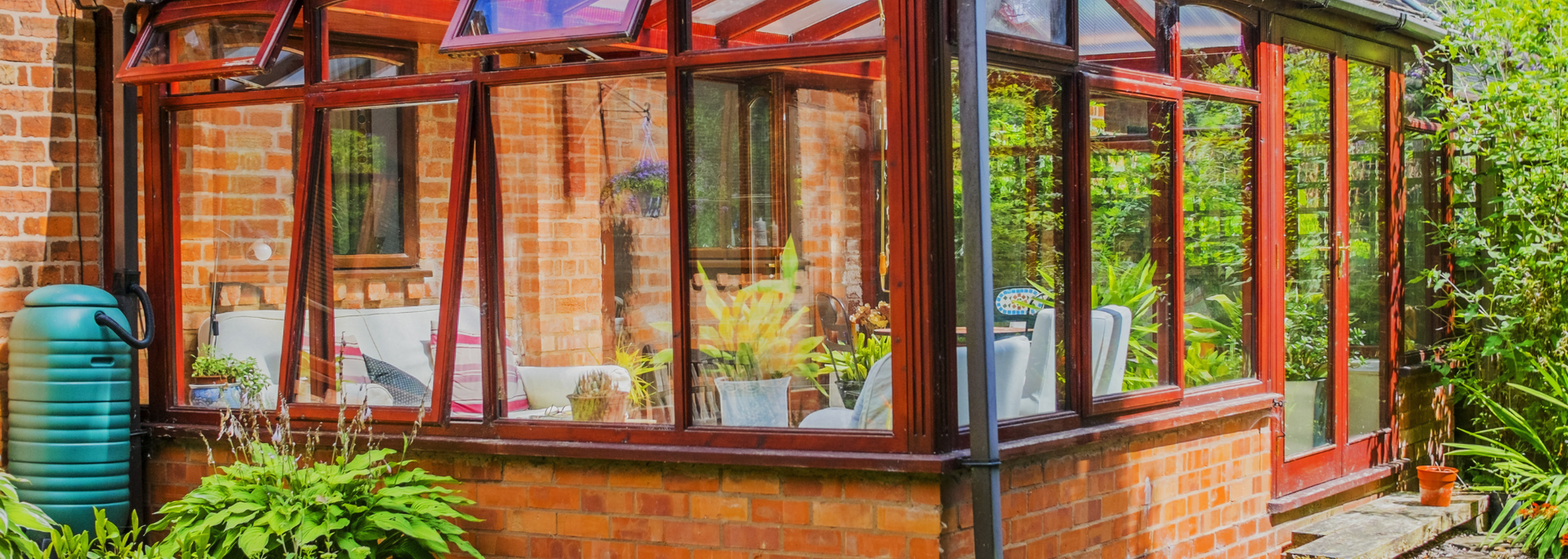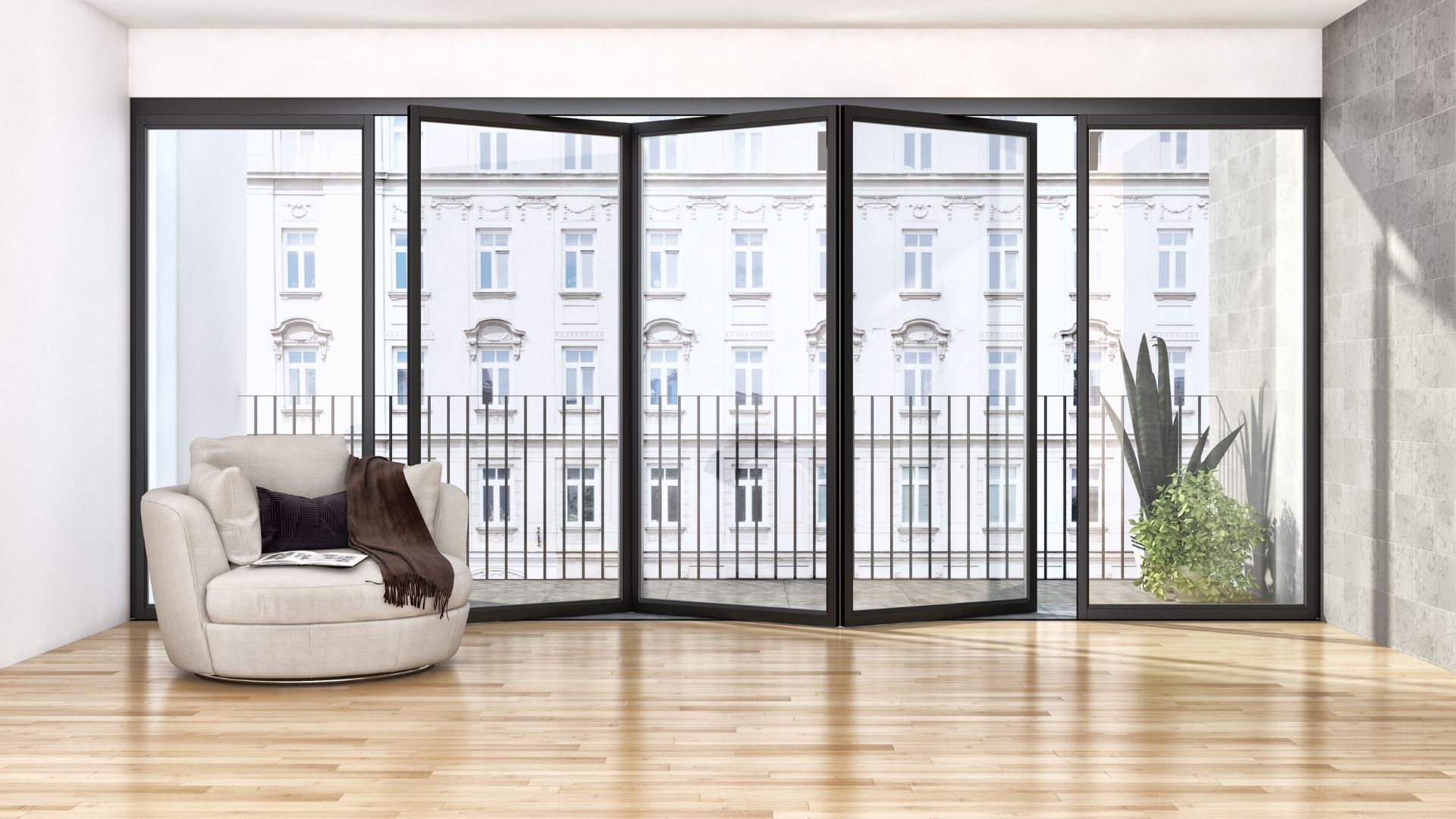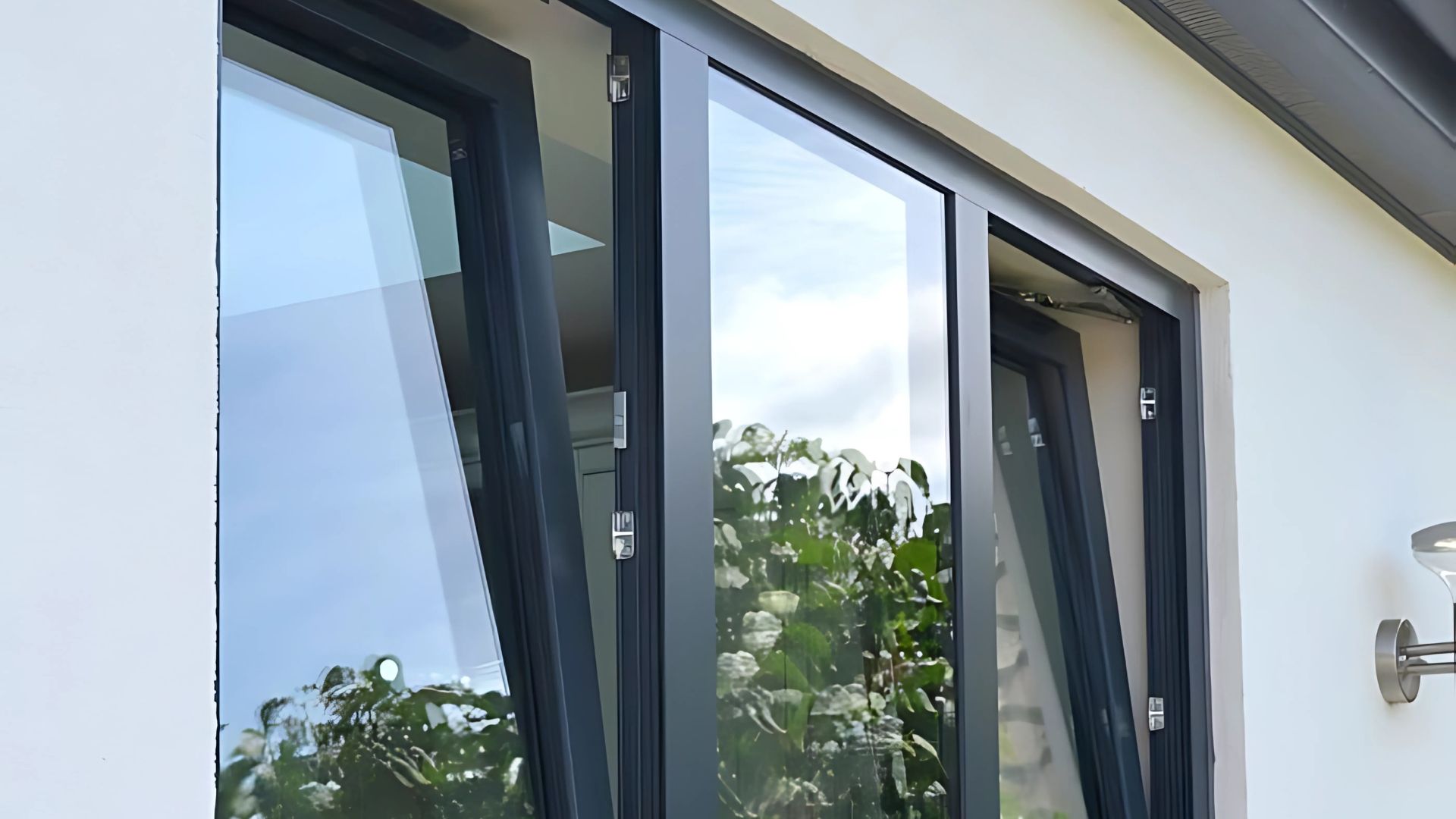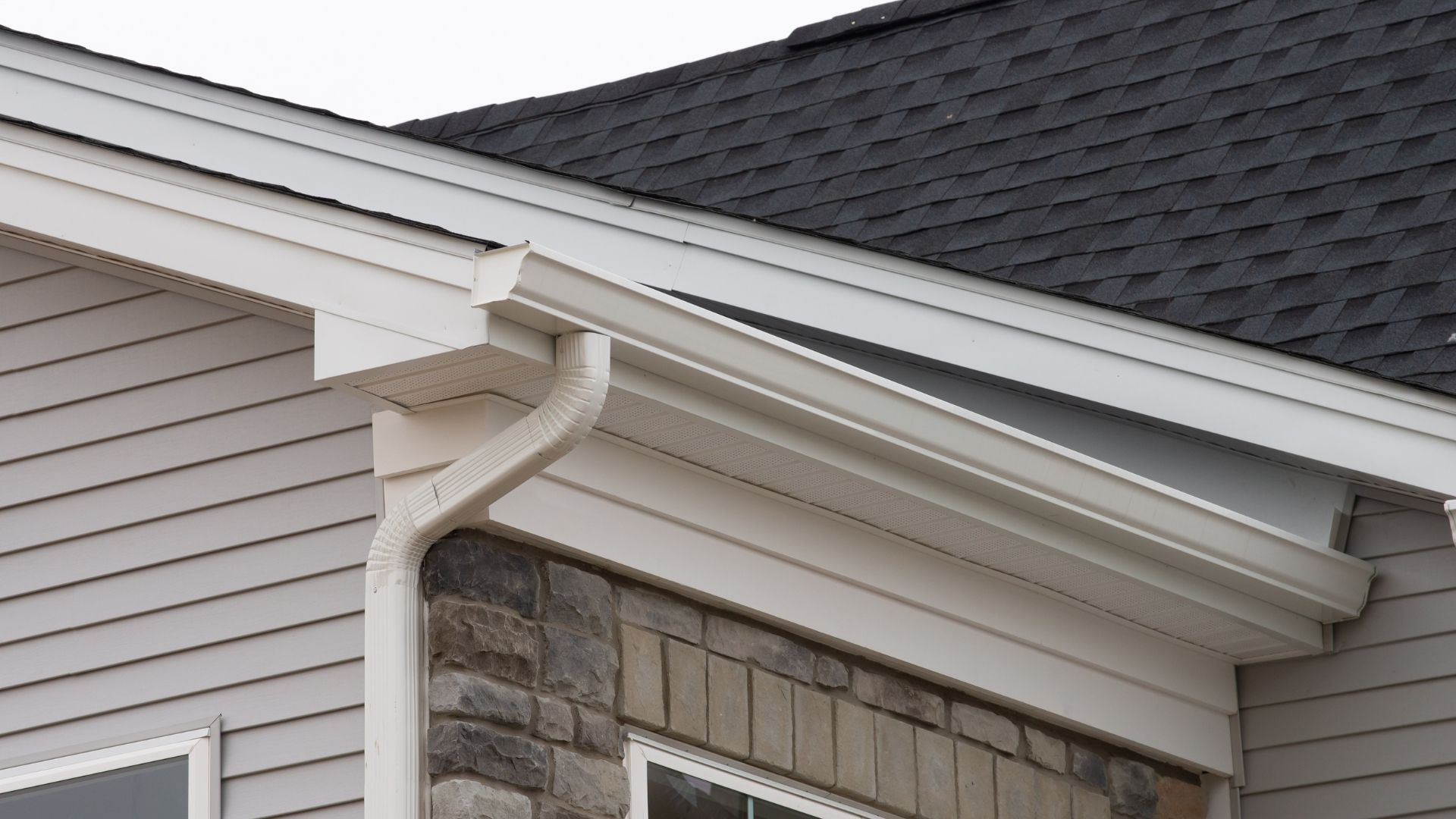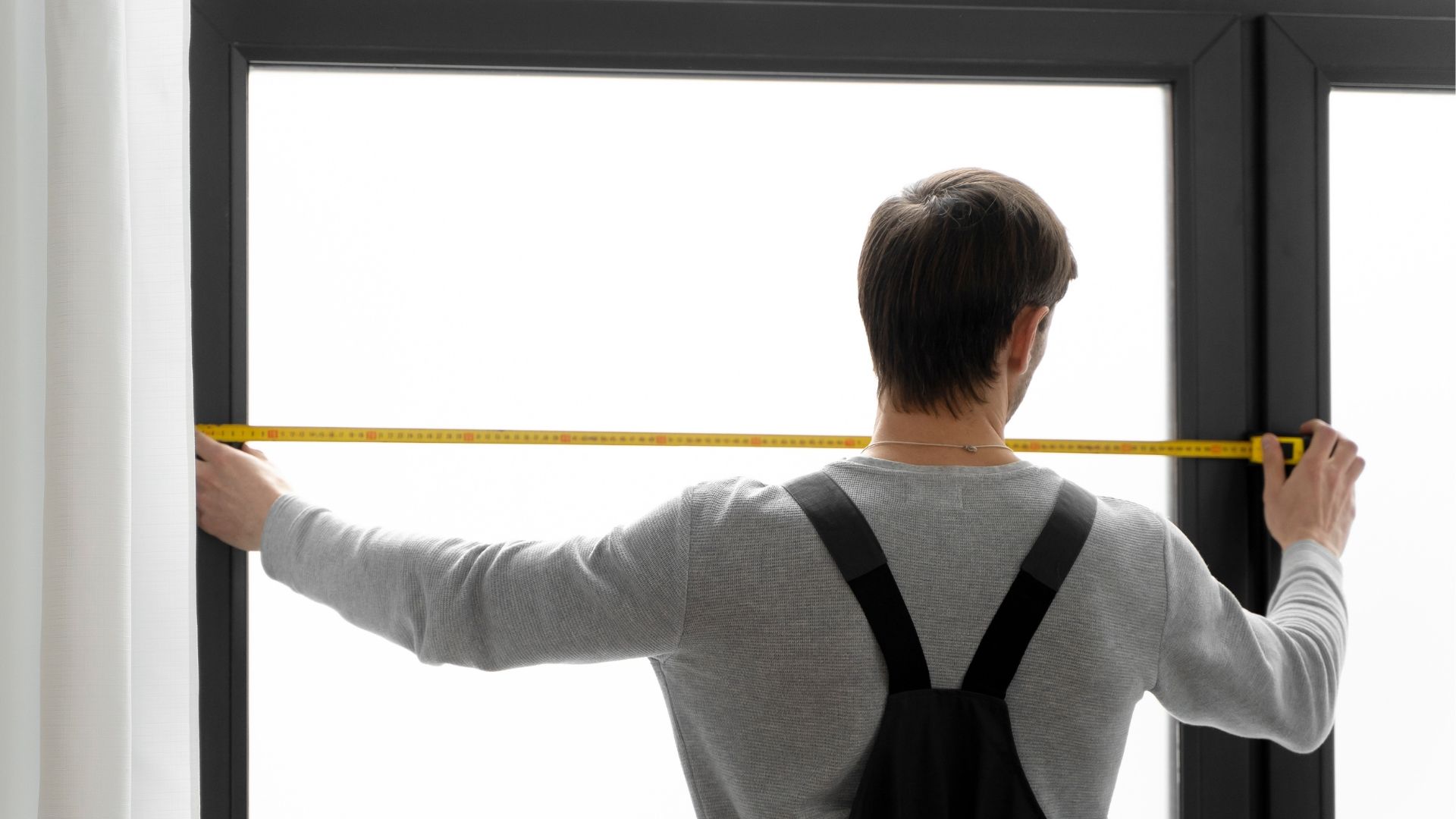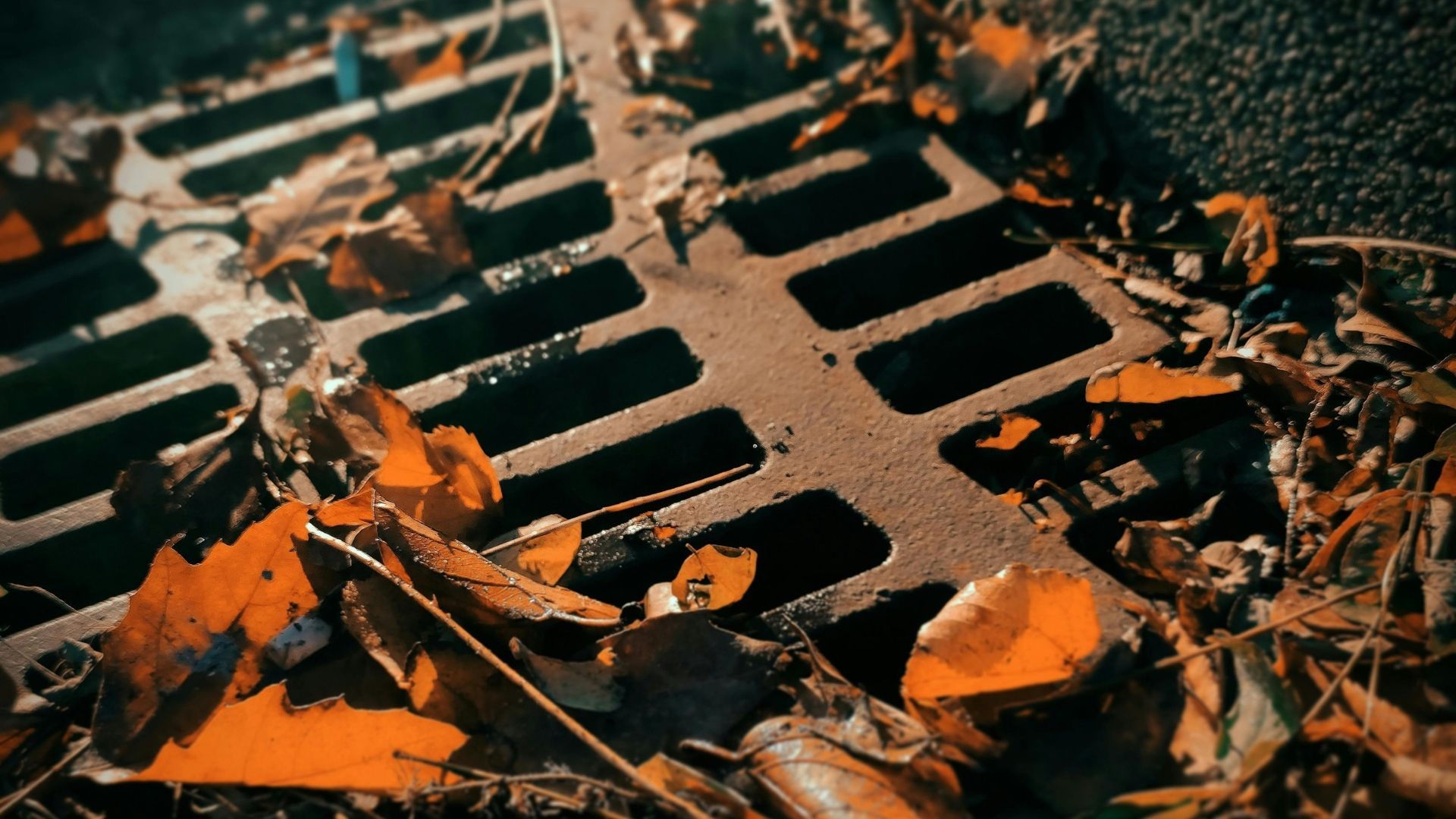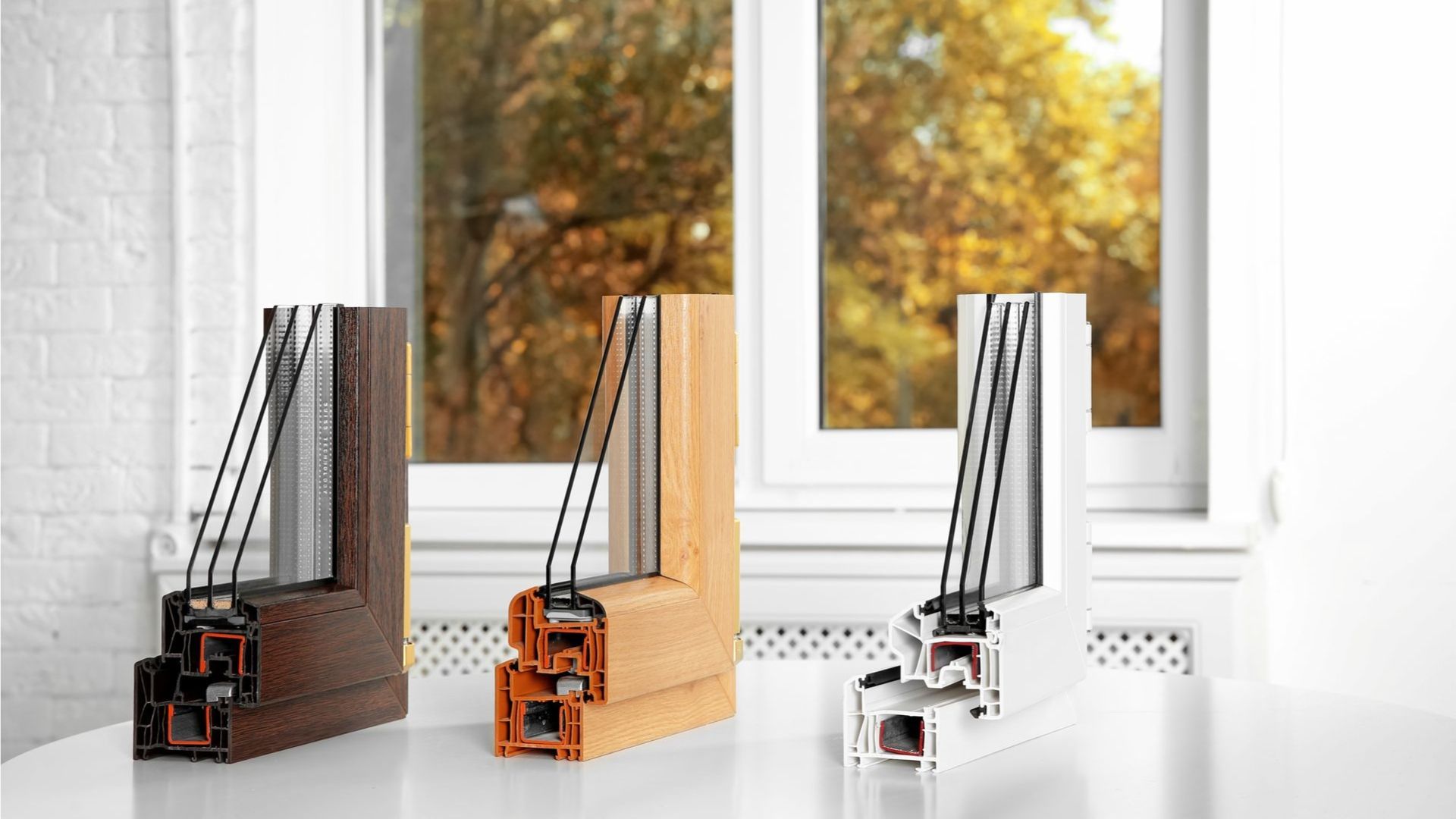Thinking of building a conservatory without foundations? Learn why it's not the best idea in our article.
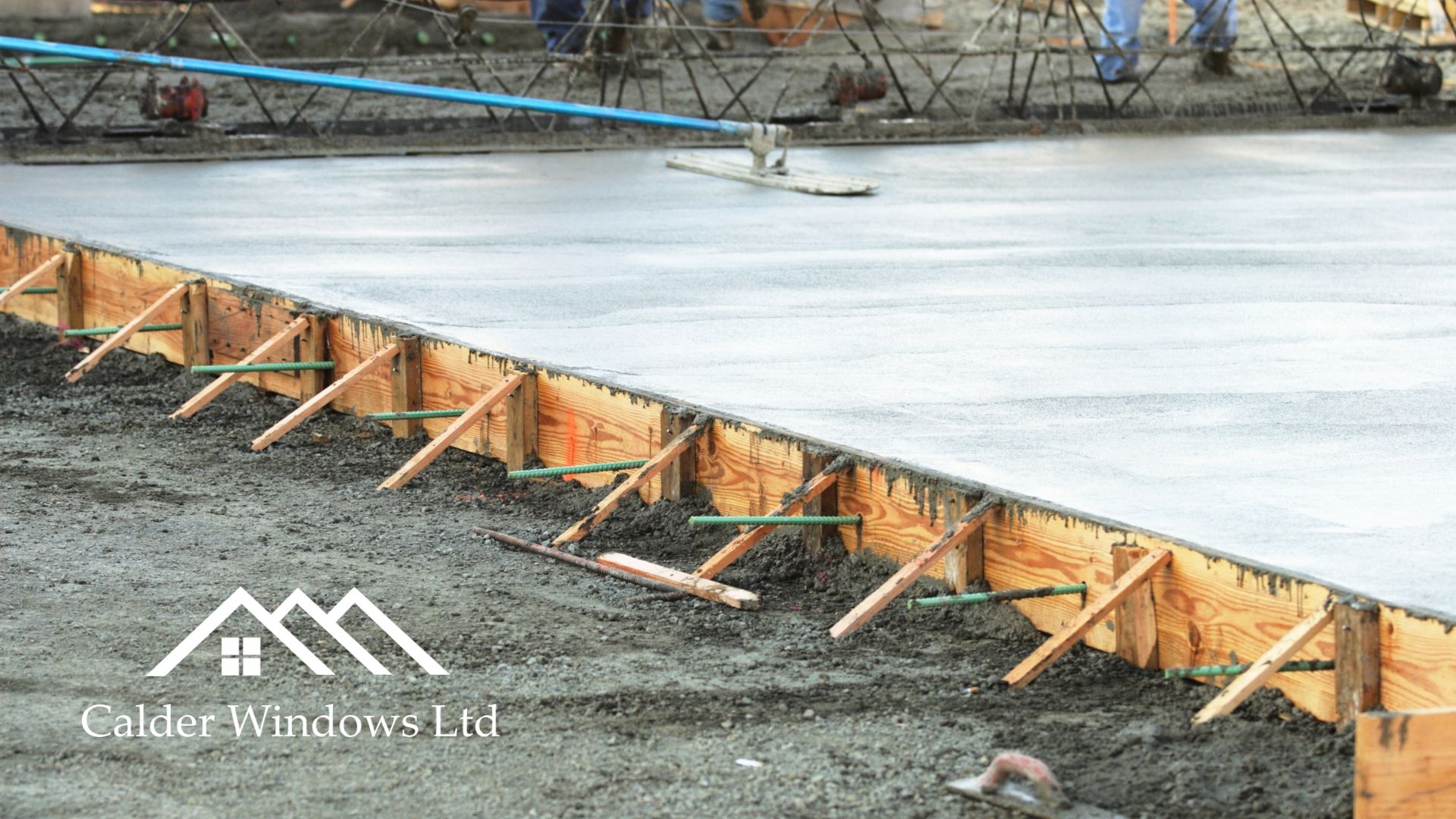
So you're thinking about adding a conservatory to your home. Great idea! A conservatory is a fantastic way to add extra living space to your home without the expense of a full extension.
Modern conservatories are not only extremely versatile but also very secure and allow for a space in your home that can be used for pretty much anything.
However, if you're strapped for cash you might be looking for ways to save money. Could you maybe build a conservatory but skimp on the foundations?
Building your conservatory without a foundation is theoretically possible – but it would be highly risky. Foundations are integral to any structure and conservatories are no exception.
It might seem like a great way to save money but building your conservatory without suitable foundations will cost you more money in the long run as you fix the never-ending problems that will result – we're talking damp, uneven floors and subsidence.
If you go to the expense of building a conservatory, you want it to last the lifetime of your home. For this reason alone, it's important to take the necessary steps to make sure it's well-built.
What foundations does a conservatory need?
For your conservatory to live up to its potential, it needs to have some basic requirements for its foundations. These include building on a level, solid and damp-proof base.
Let’s dig a bit deeper (pardon the pun) to get a better sense of why conservatory foundations are essential.
Foundations are the basis for any structure as they provide stability and support. They're essential for bearing the weight of the conservatory and help to withstand the environmental pressures that the structure will be put under.
If your foundations are properly laid, they can prevent structural damage and ensure your conservatory remains a lasting and functional space for your enjoyment.
In the case of conservatories, a solid foundation is needed more than ever. Unlike traditional buildings that have solid walls, conservatories usually have large panes of glass which make them more susceptible to stress and movement.
If a conservatory lacks a properly built foundation, the actual weight of the conservatory could cause the ground underneath to settle unevenly or shift altogether. This in turn could lead to leaks and, worse still, structural damage.
Correctly laid foundations will prevent your conservatory from sinking and shifting over time. They can provide stability against wind, rain and soil movement and keep your conservatory safe and sound under external pressures.
Could you compromise and use a shallow concrete slab or pad?
Some may think that building a shallow concrete slab or pad would be sufficient. But while it may provide a small level of support, it lacks the depth and stability of a true foundation.
Over time, this could cause the conservatory to shift. And without proper reinforcement, the concrete pad or slab can crack under the conservatory's weight, leading to costly repairs or even collapse.
How are conservatory bases constructed?
Conservatory bases are usually built by digging a trench in the ground to the depth required. This is then filled with concrete.
For some conservatories, piling rods or steel reinforcements may also be required to add strength to the foundation.
On top of the concrete, there are layers of hardcore, membrane and scree.
Hardcore is a solid material like rocks or stone. It gets crushed up so it can be laid on top of the concrete foundation. The hardcore is spread evenly to provide a level base. At least 150 millimetres is the recommended depth for the hardcore level within the foundations. This is compacted and then a layer of sand is added to create an even surface.
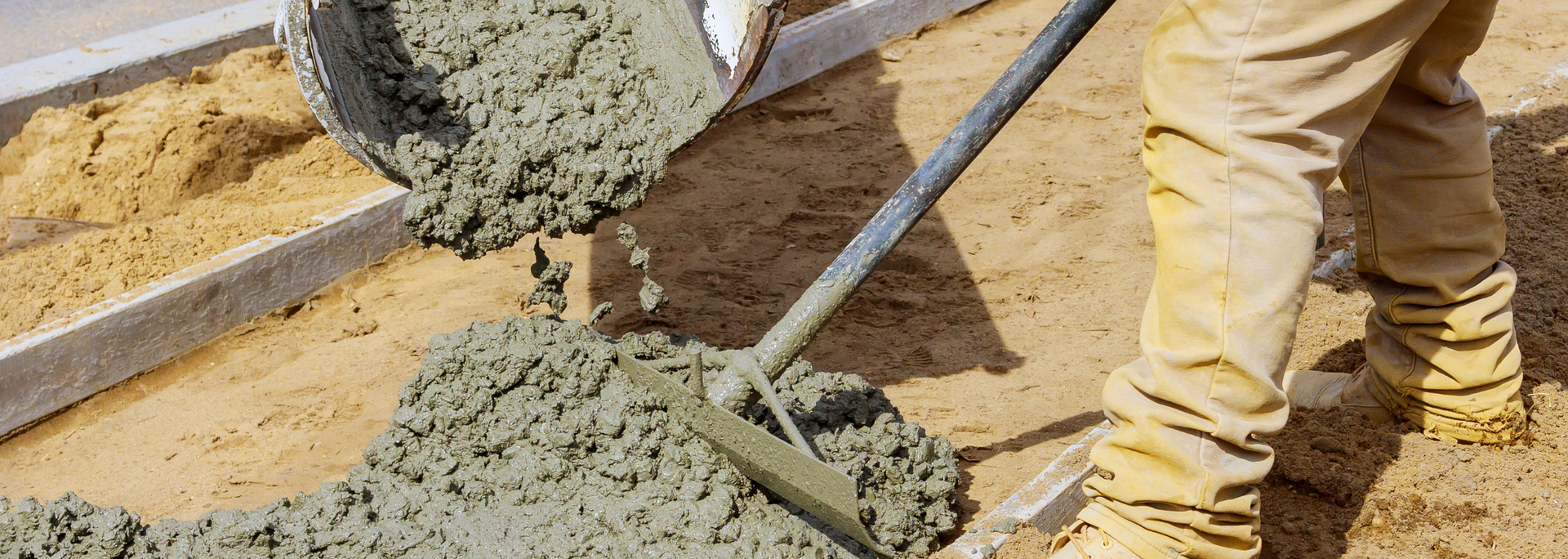
A membrane is a special layer of damp-proof material that channels water away from your foundations and provides the primary waterproofing layer. This ensures any moisture which naturally occurs in the ground is not able to rise through the foundations.
Scree is your final layer of foundation. After the final pour of concrete and reinforced steel, the scree (which is a mixture of sand and cement) is then poured, levelled and smoothed into place using a levelling board. This provides a smooth floor and base for your conservatory to be built on.
All of these measures help ensure the solidity and stability of your conservatory. Skipping a stage puts both it and your safety at risk. It's just not worth it. Make sure you get your conservatory installed by those in the know.
What are conservatories made from?
A conservatory's walls and roof are made from glass and the frame is typically made from uPVC, aluminium or wood.
What's the difference between a conservatory and an extension?
The simple answer is "the amount of glass". For a building to be classed as a conservatory, at least half of its side walls must be glazed and at least 75% of its roof made from a translucent material.
What we offer
So with all this information under your belt, you're probably wondering where can you get a high-quality conservatory from.
Look no further. Here at Calder Windows, we have expert tradespeople and superb customer service. We choose only the best products from our trusted suppliers which means you get high-quality materials for your conservatory.
We provide no-pressure expert advice that will help you decide which conservatory is the best for you. In addition, your new conservatory will be covered by our 10-year warranty.
So why not visit our website and make the most of your home and garden by creating a new living space that you can enjoy all year round?
With our expert, friendly service, you can be sure you'll get a conservatory with a solid foundation that will last for years.
Looking for a high-quality conservatory in West Yorkshire? Pop into our Normanton showroom today or give us a call.
Get a FREE quote
Are you on the lookout for uPVC window fitters in Wakefield or West Yorkshire? With over 30 years' experience and an extensive range of uPVC windows, we can help. Request a quote today or apply for finance and spread the cost.
*Some models differ in warranty.

Opening Hours
08:30 - 16:30 Monday - Friday
09:30 - 12:30 Saturday
Sunday - By appointment only
Evening appointments available on request
Main Office
Calder Windows, 71 High Street
Normanton, West Yorkshire WF6 2AF
Sign up to our newsletter
Thanks for signing up!
Please try again later.
All Rights Reserved | Calder Windows
